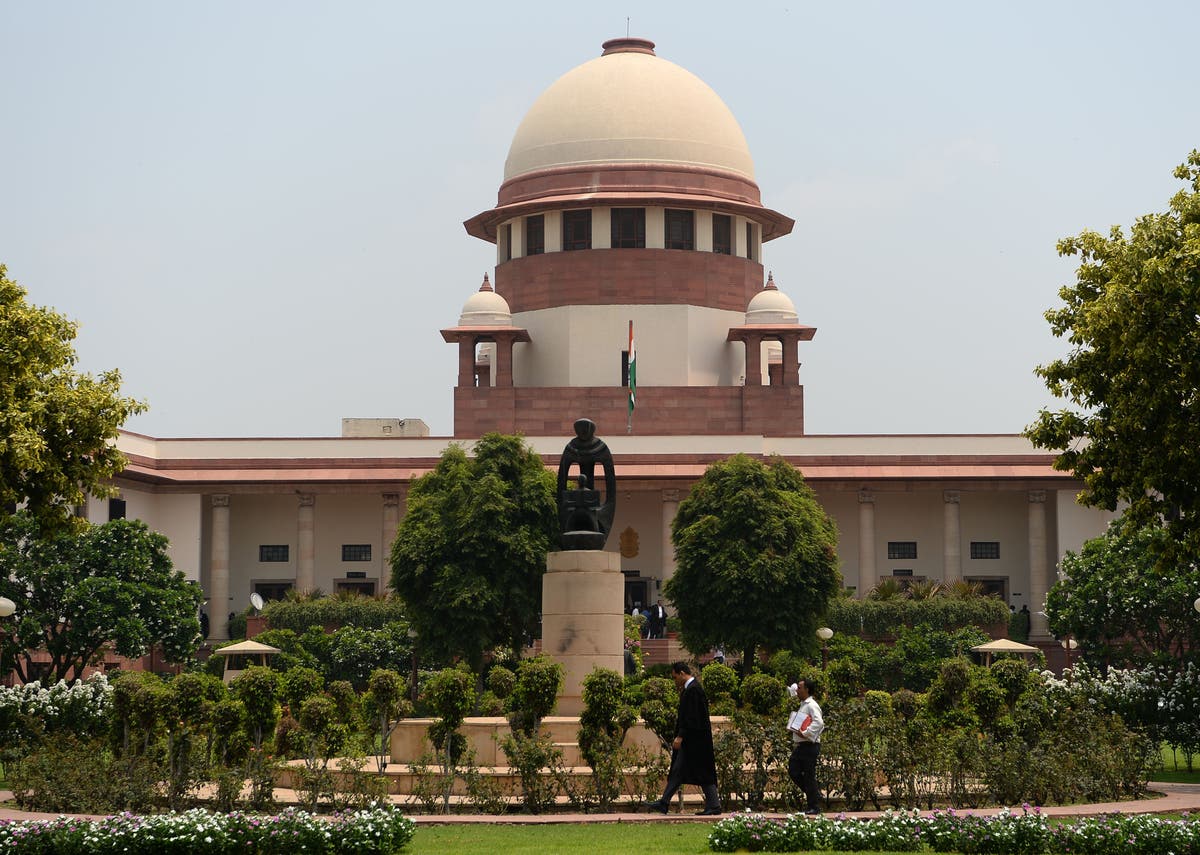Indias top court to set up panel to investigate Pegasus snooping claims

India’s Supreme Court on Thursday said it will set up a committee to investigate allegations that the military-grade spyware Pegasus was used to snoop on at least 300 mobile phone numbers in the country.
NV Ramana, the chief justice of India (CJI), said the court will finalise members of the technical committee soon and pass orders in the case next week.
According to reports published by a media consortium on 18 July, the Pegasus spyware was used by a client of the Israeli firm NSO Group to snoop on 300 Indian phone numbers, including those of prominent journalists, politicians, government officials, activists, and bureaucrats.
The classified spyware is allegedly sold only to governments.
Federal information and communications minister Ashwini Vaishnaw, water minister Prahlad Singh Patel, senior opposition politicians like Rahul Gandhi and Abhishek Banerjee, poll strategist Prashant Kishor, Indian army officials, and former election commissioner Ashok Lavasa were some of the prominent names that featured on the list.
The Supreme Court said it had “wanted to pass an order on the matter before this week, but some members we thought of considering for the committee... for personal reasons... they declined to be part of this committeeâ€. It added: “Hence the delay.â€
Mr Ramana made this oral announcement to advocate Chander Uday Singh, who is the counsel for one of the petitioners in the case. Mr Singh said he will pass on the court's decision to senior advocate and opposition party leader Kapil Sibal, who is the lead counsel for the petitioner in the case.
The CJI-led three-judge bench had reserved an interim order on 13 September after the federal government expressed unwillingness to file an affidavit about the usage of the Israel-made spyware, citing national security. Mr Sibal had said at that time the government’s refusal to file a detailed affidavit was “unbelievableâ€.
The top court of India has received at least nine petitions seeking a judicial probe after a report suggested that the Indian government used Pegasus to snoop on prominent members of civil society.
The Indian government has neither confirmed nor denied that it is an NSO Group client - the firm says it provides its technology so that governments around the world can prevent crime and terrorism - but ministers have denied the allegations of snooping. On 19 July, Mr Vaishnaw told the Indian Parliament that illegal surveillance was not possible in India. These allegations had “no concrete basis or truth associated with itâ€, he said.
“In the past, similar claims were made regarding the use of Pegasus on WhatsApp by the Indian State,†Mr Vaishnaw’s ministry said in a statement in July. “Those reports also had no factual basis and were categorically denied by all parties, including WhatsApp in the Indian Supreme Court. This news report, thus, also appears to be a similar fishing expedition, based on conjectures and exaggerations to malign the Indian democracy and its institutions.â€
An independent digital forensic analysis conducted on 10 Indian phones whose numbers were on the list showed traces of either an attempted or successful Pegasus hack. WhatsApp in 2019 had revealed that journalists and activists in India were targeted using the Pegasus spyware. The government had then also dismissed the allegations.
The Pegasus row rocked the Indian parliament during proceedings when the news was first published, where MPs from opposition parties tore papers and raised slogans demanding answers from prime minister Narendra Modi’s government.
0 Response to "Indias top court to set up panel to investigate Pegasus snooping claims"
Post a Comment